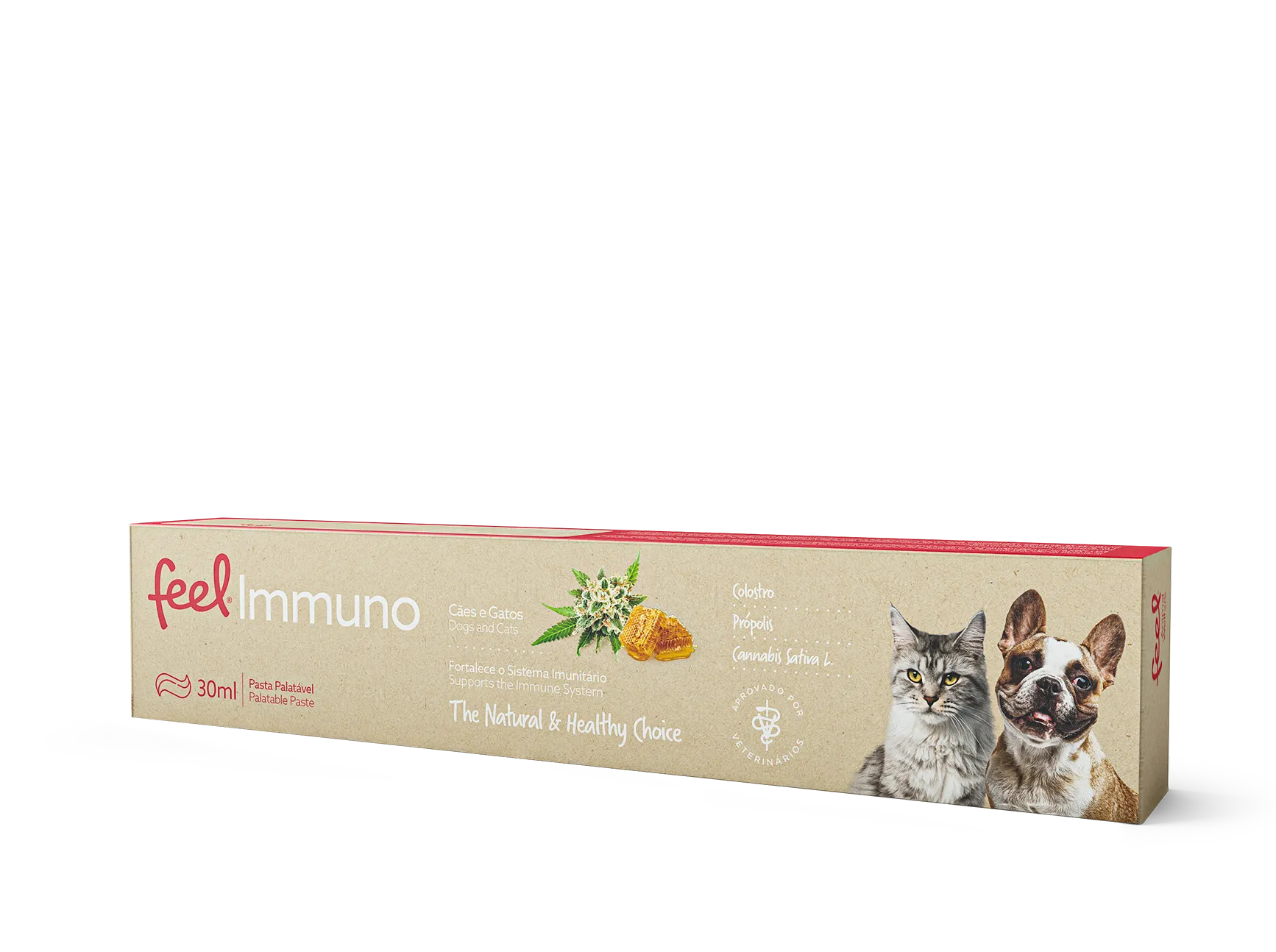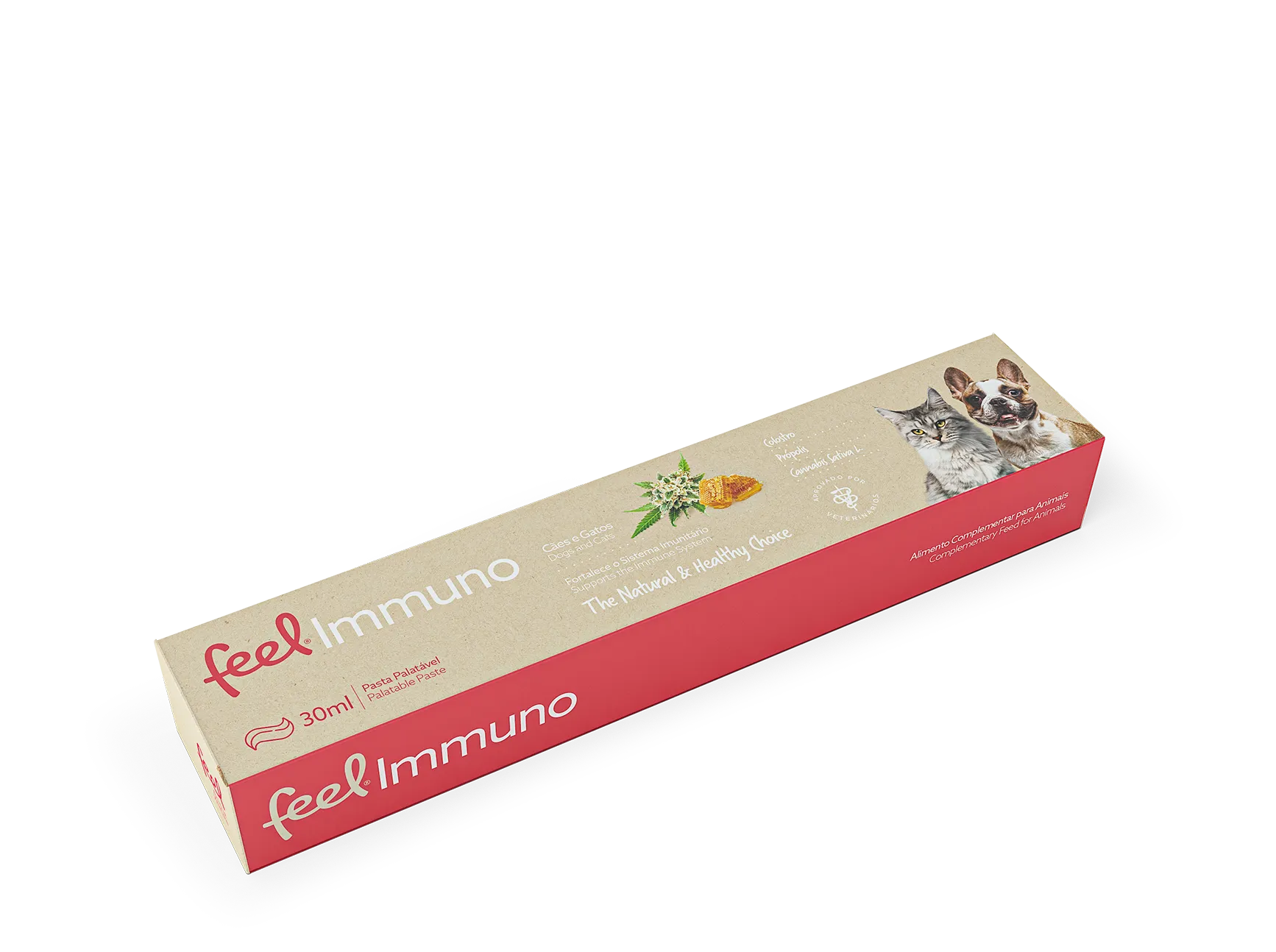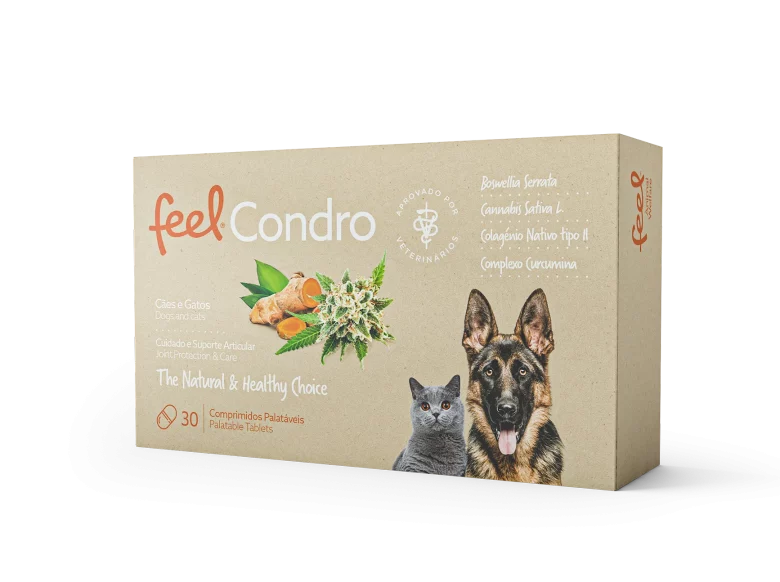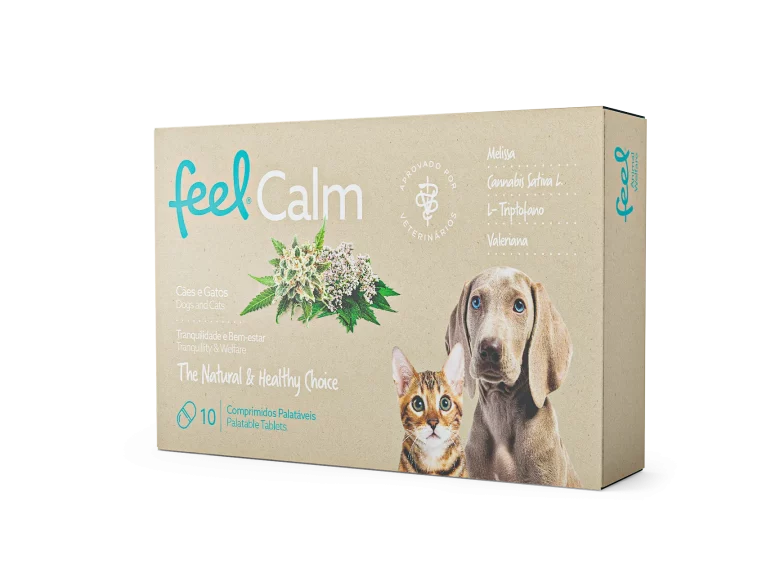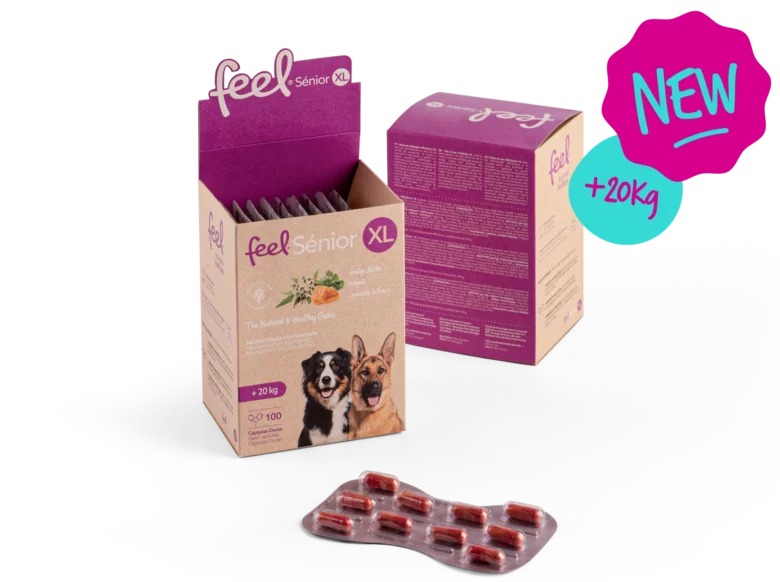
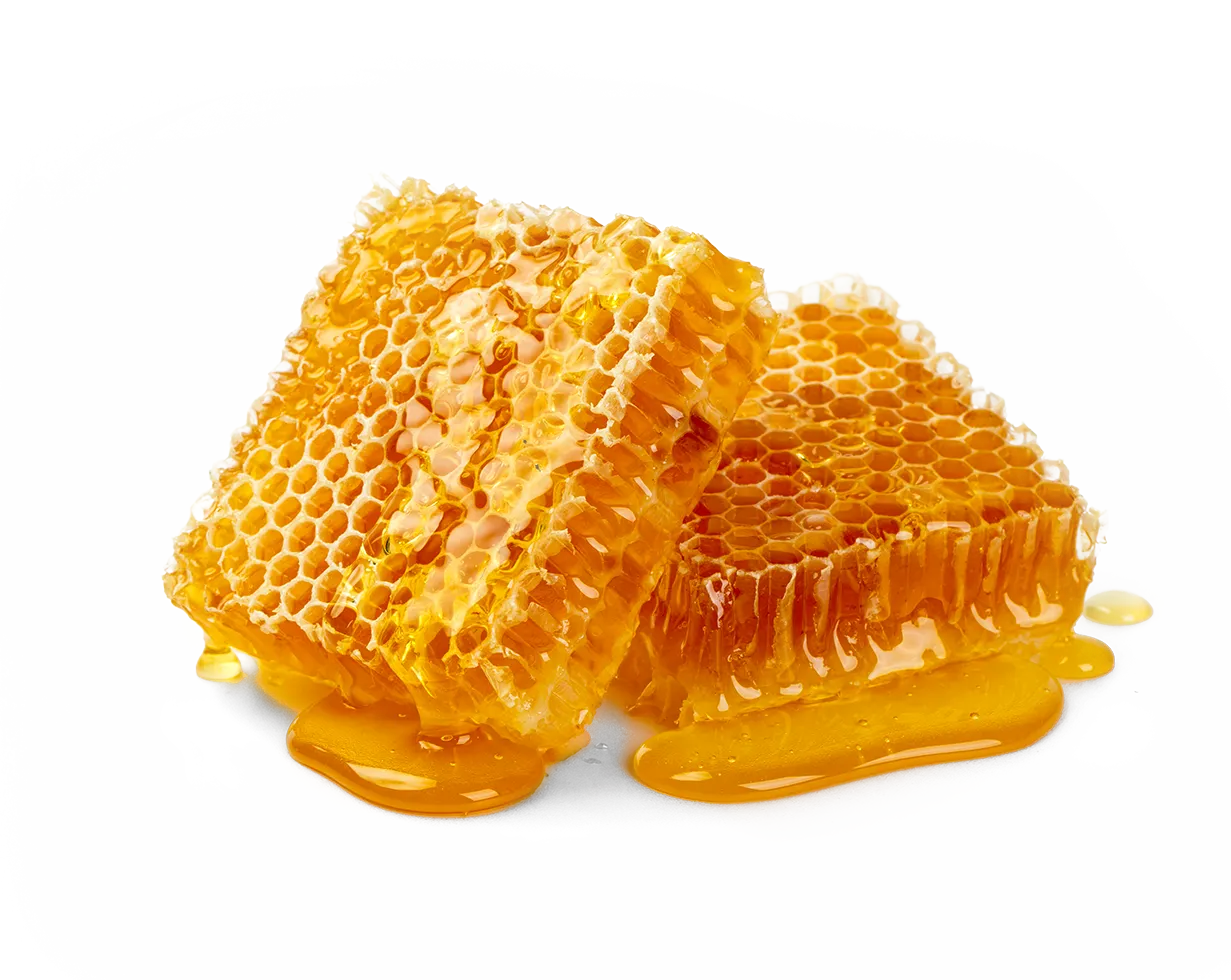
Propolis
Propolis has anti-inflammatory, antioxidant, and antimicrobial properties, providing support for wound healing and tissue regeneration.
Its bioactive compounds such as flavonoids, phenolic acids and their esters, terpenoids, steroids, and amino acids are responsible for the anti-inflammatory activity of propolis, inhibiting cyclooxygenase (COX) and consequently inhibiting the biosynthesis of prostaglandins, which contributes to a reduction in the inflammatory cytokines concentration.
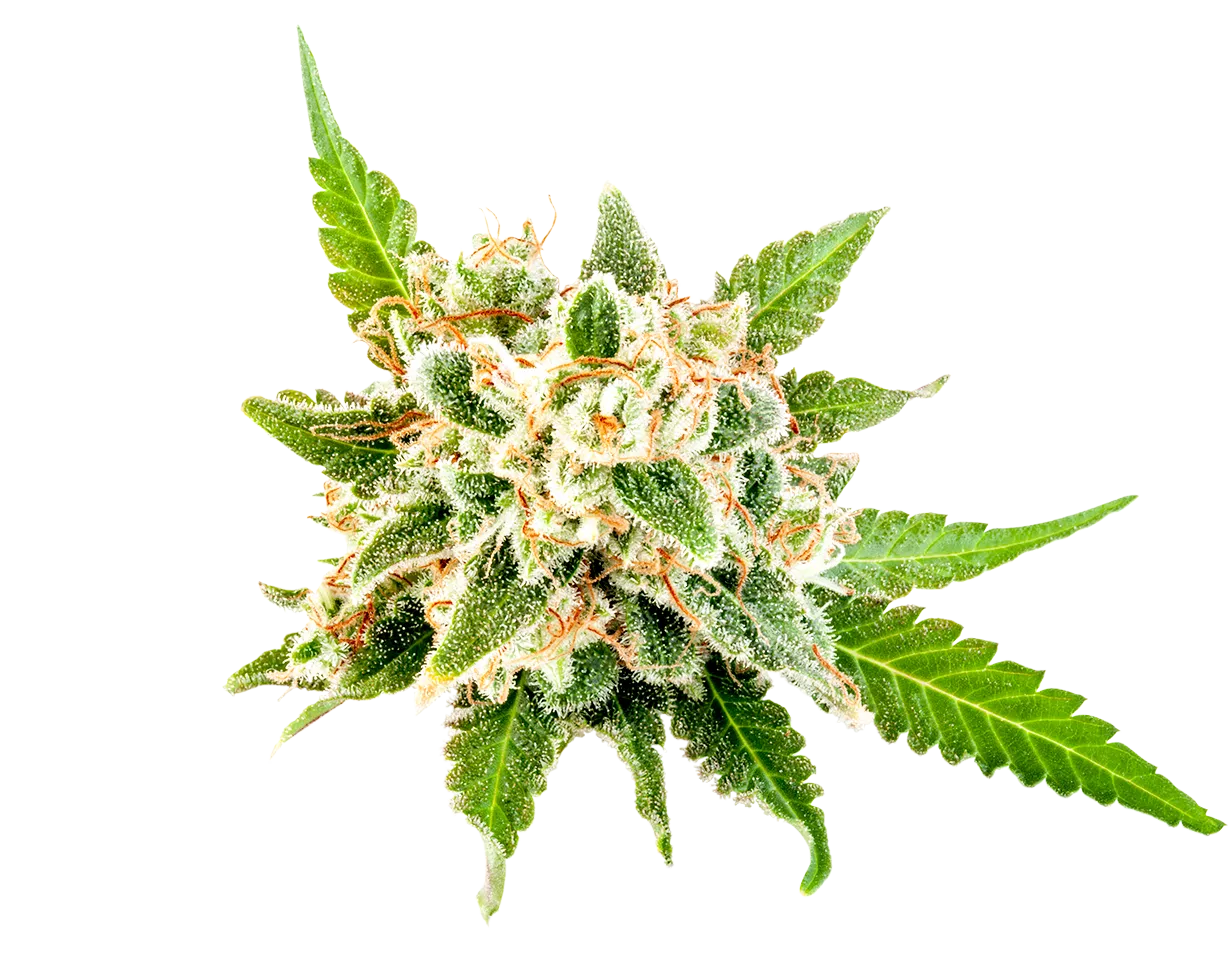
Cannabis Sativa L.
Cannabis Sativa L is an Asian plant of the Cannabis genus. It is highly tolerated by animals, with a good security profile and no clinical toxicity reported in scientific literature.
It produces immunomodulatory, anti-nociceptive, anti-inflammatory, neuroprotective, analgesic, anxiolytic, antiemetic, muscle relaxant, spasmolytic, sedative, tumor growth inhibitor, anticonvulsant effects and acts as an appetite stimulant, as well as an immune system stimulant.
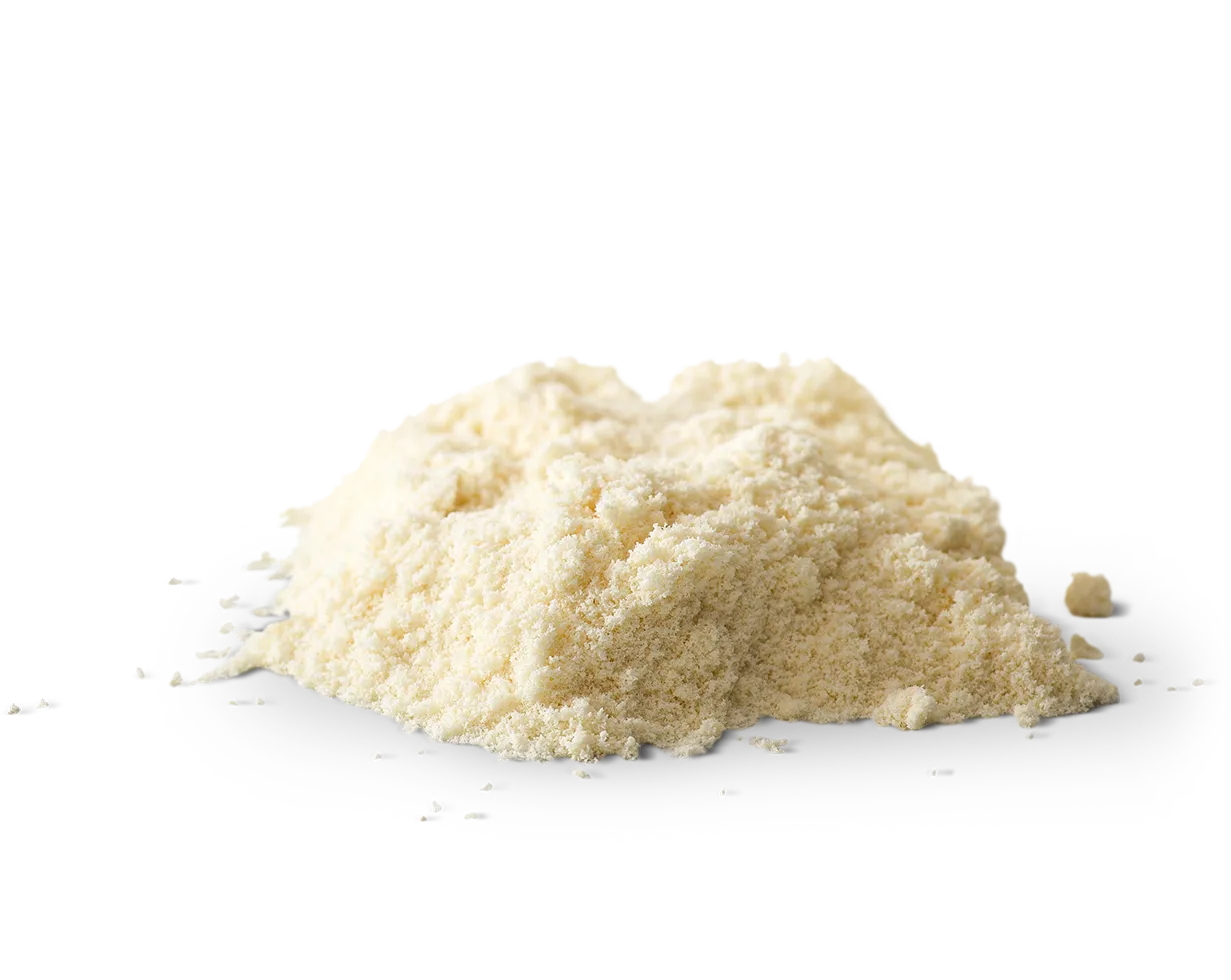
Colostrum
Colostrum is the mammary secretion produced during the first days after birth. It’s a concentrated source of bioactive and nutritional components that transfer passive immunity and promote the growth and development of the gastrointestinal tract.
Colostrum increases the diversity and stability of the intestinal microbiota and stimulates the immune response in pet animals.
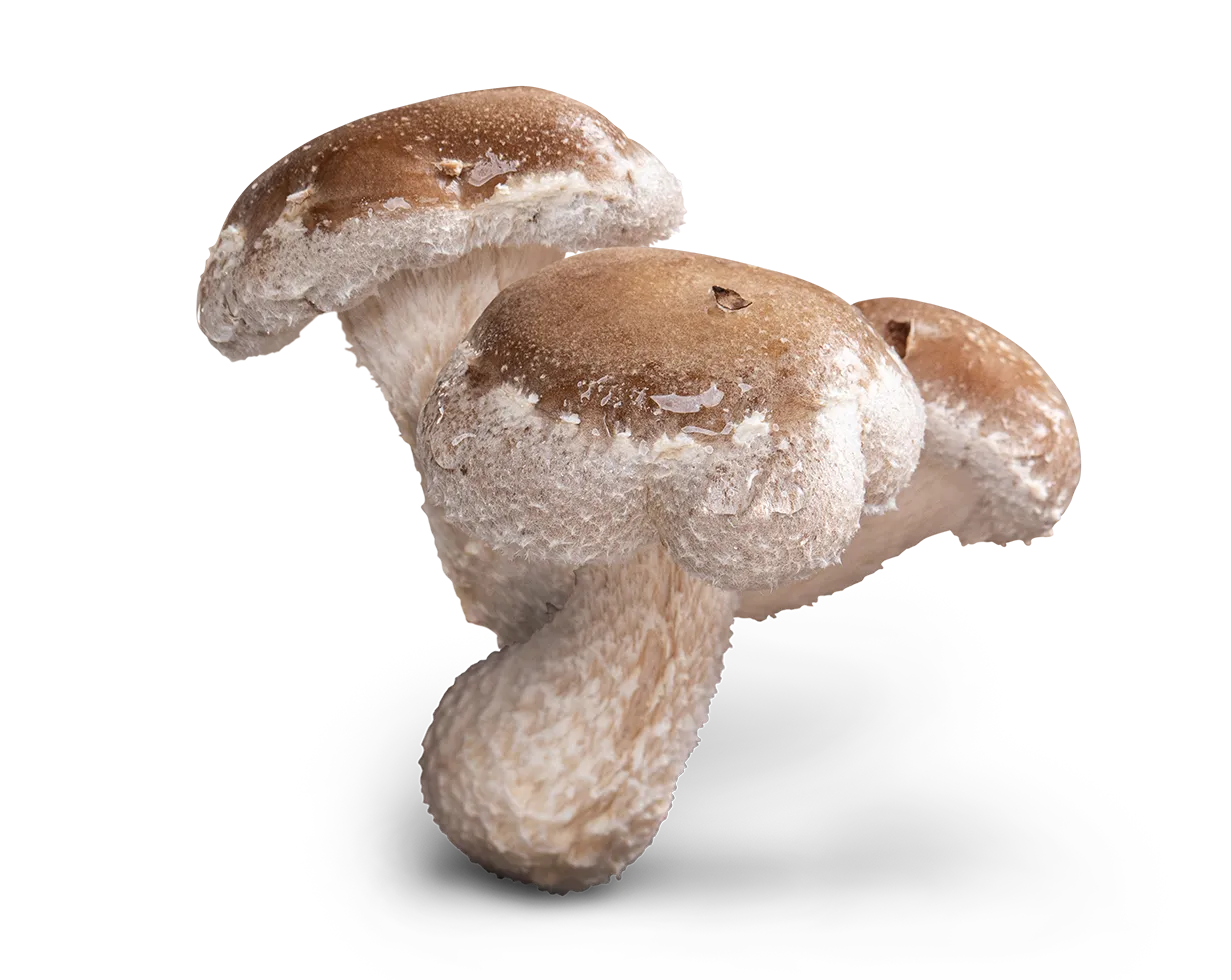
Lentinula Edodes
Lentinula Edodes, also known as Shiitake, is one of the most consumed mushrooms in the world. It contains polysaccharides that are associated with several beneficial effects such as antioxidant action, hypolipidemic action, anti-aging properties, immunomodulatory properties, and anticancer effects.
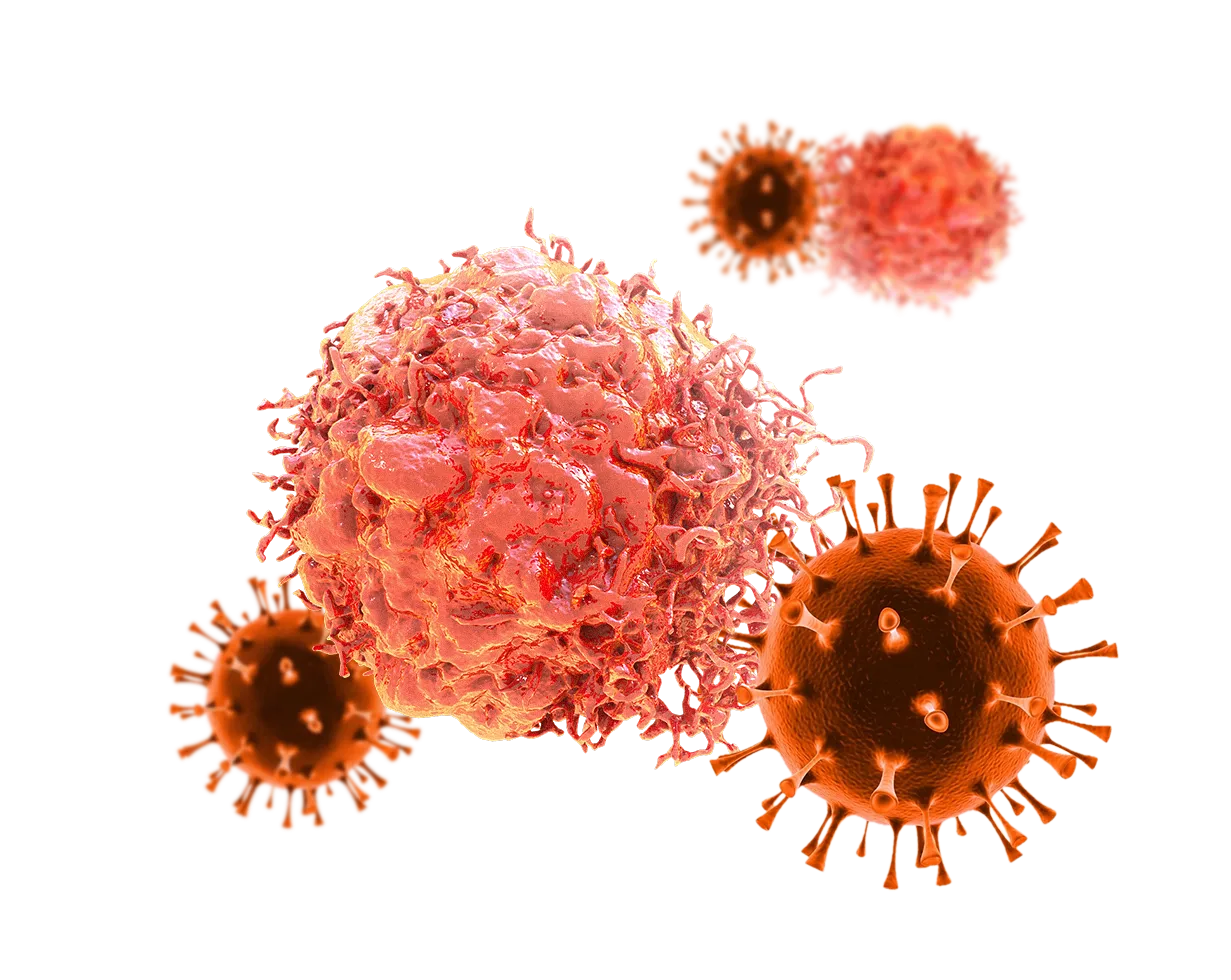
Yeast Products (MOS and Beta-glucans)
The yeast’s cell walls are sources of polysaccharides, such as Mannanoligosaccharides (MOS) and Beta-glucans, which have beneficial properties for animal health.
MOS have the ability to bind to fimbriae of pathogenic bacteria, decreasing their ability to attach to the intestinal wall. In this way, they limit the colonization by pathogenic agents, benefiting the development of autogenous microbiota and stimulating immunity.
Meanwhile, Beta-glucans have the ability to bind to mycotoxins and modulate the immune system, improving the immune response.
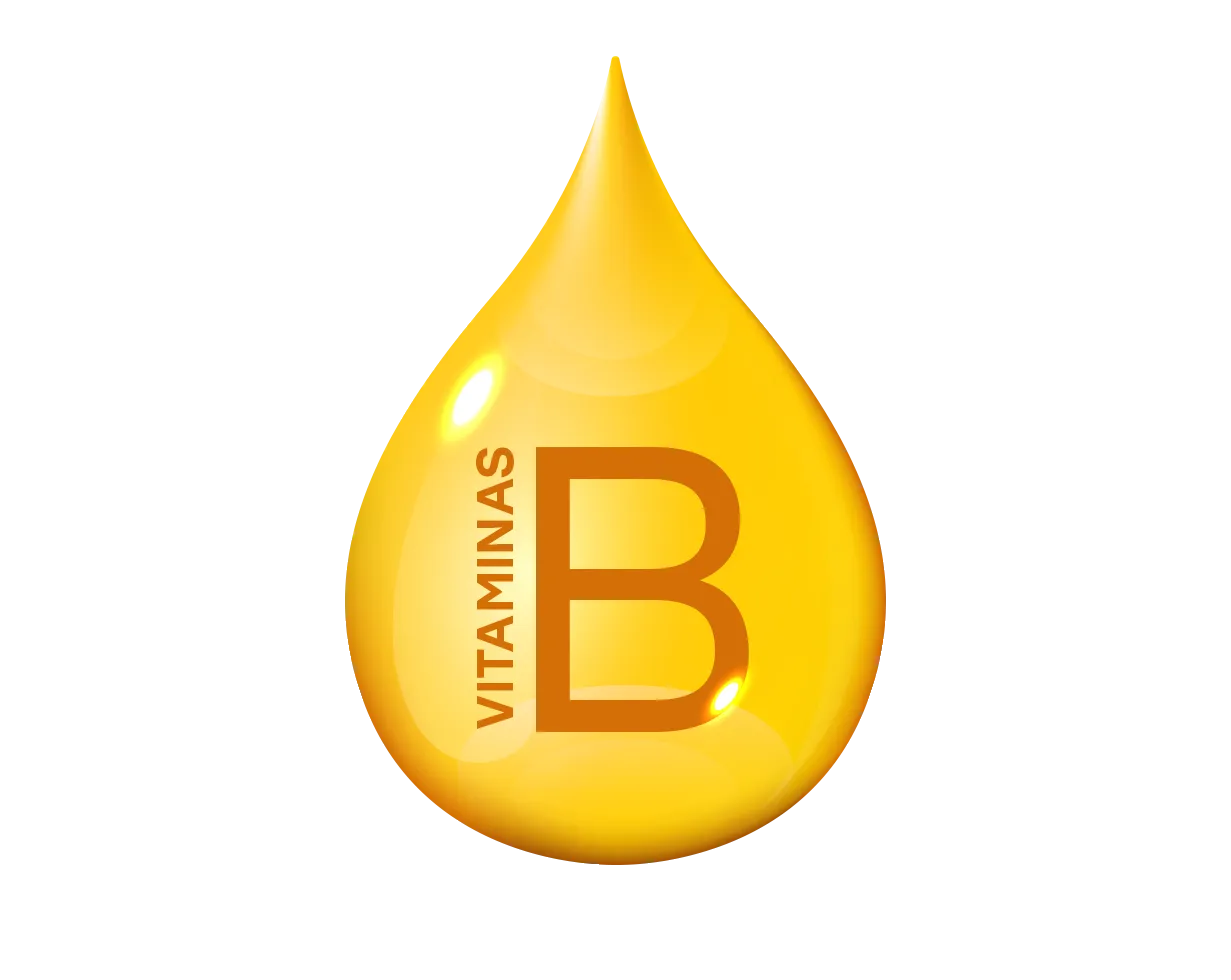
B-Complex Vitamins
B-complex vitamins are essential for the synthesis and metabolism of vital bioactive compounds such as amino acids, fatty acids, and nucleic acids.
Deficiency in these vitamins is common in immunocompromised animals and can worsen cachexia, lead to lack of appetite, weight loss, and apathy.
Help to strengthen the immune system.
Way of Use
ml per day / Animal Weight.
Available in Palatable Paste 30 ml


